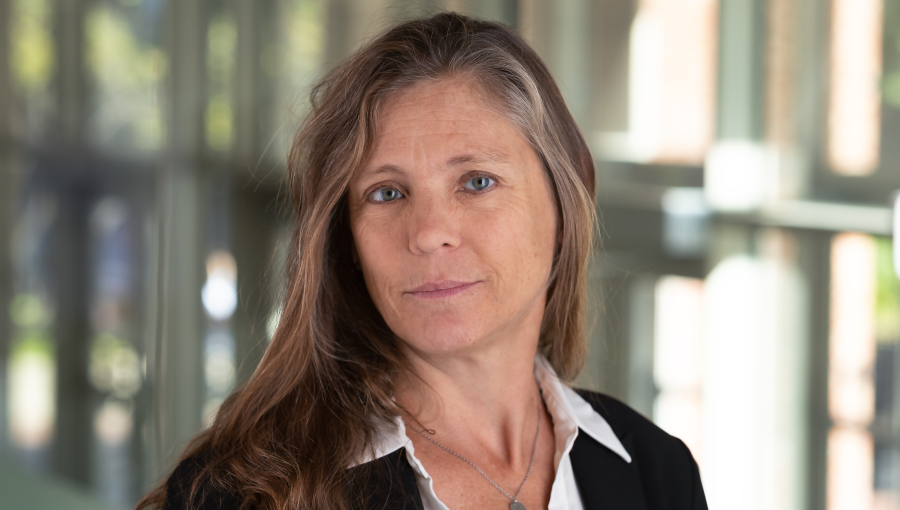JCU Presents "Politics of Fear in the 21st Century" with Frank Furedi
JCU’s Department of Political Science and International Affairs and the Guarini Institute for Public Affairs organized the event “Politics of Fear in the 21st Century,” with Professor Frank Furedi on October 6, 2021. A sociologist and social commentator, Furedi is Emeritus Professor of Sociology at the University of Kent in Canterbury.

Frank Furedi
The discussion was introduced by Professor Federigo Argentieri and moderated by Professor Eszter Salgó. The talk focused on how fear can be wielded as a political tool. It started with the discussion on the correlation between culture and safety, emphasizing how fear nowadays has become qualitatively and quantitatively different than at any time in human history. Furedi explained how politicians seek to understand the deep-seated fears of their society and then inflate and manipulate them in order to achieve their political and social aims. From Furedi’s perspective, fear has mutated into a cultural and intellectual perspective; as opposed to being a fleeting feeling, it has become a default stance of anticipation.
Furedi brought examples from the United States and the United Kingdom. The Spanish flu that devastated the world in the early 20th century provides a striking case study to show how fear and propaganda can be used to influence populations. The British government was convinced that people did not feel “sufficiently threatened personally” by the disease. In response, it launched a hard-hitting emotional campaign in order to inflate citizens’ perception of the disease. This manipulation not only worked to render them into passive citizens but also to treat them as “patients.” The medicalization of politics along with the politicization of public health continues today and has become relevant in the wake of the Covid-19 pandemic.
Furedi also reflected on how fear has evolved into a free-floating virus that can attach itself to any human experience. A single news cycle, for example, can spark fears about unemployment but also about terrorism, Covid-19, pollution, climate change, hacking, privacy, and a great number of other issues, leading to what Furedi calls a “scaremonger.” Leaders create fear in the public to acquire the power to control the people who feel fearful.
In reference to the ongoing pandemic, Furedi provided a comparison between former U.S. president Woodrow Wilson and current president Joe Biden. Wilson never released a statement on the Spanish flu, while today it is hard to escape the daily news of Covid-19 or the latest statement by Biden on this issue. The politicization of health may give some insight into why many have begun to moralize the idea of lockdown, and why the fear surrounding the return to normal life has increased. As a result, the “virtue” of lockdown was created, where citizens become so afraid that they refuse to leave their homes. When fear becomes a perspective, it is no longer tied to any particular issue; instead, it exists in its own right and acquires substance. When fear becomes autonomous it becomes a resource that can be instrumentalized and manipulated, particularly by politicians.
(Ilayda Aktas and Rebecca Halterman)





